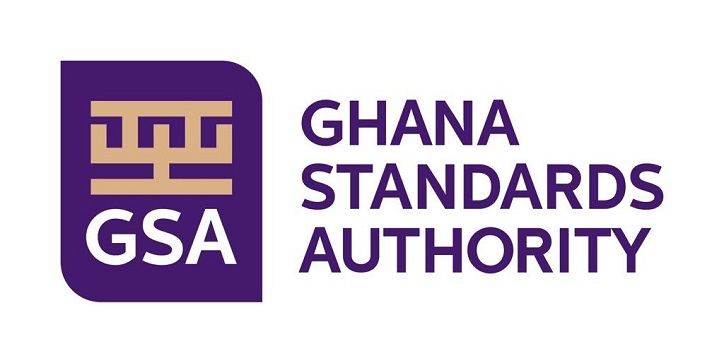
It's time to enforce standards
In the last two months, the government, through the Cabinet and Parliament, has approved the National Quality Policy (NQP) and passed the new Ghana Standards Authority (GSA) Bill, which is awaiting presidential assent to become operational.
These two separate achievements are unprecedented and have been chalked up after years of painstaking consultations and stakeholder deliberations.
Advertisement
The Daily Graphic recognises the importance of these milestones and applauds the current management of the GSA for moving beyond rhetorics to actually get the right legal support to execute the mandate of the authority.
Indeed, we have monitored, covered and taken a keen interest in the work of the GSA over the years, and while we recognise the challenges and limitations of its enforcement mandate, we believe that the passage of the GSA Bill and the approved NQP should give the authority the right teeth to bite.
For instance, the NQP is expected to serve as a guide in the implementation of the National Quality Infrastructure (NQI), which is a system comprising organisations, both public and private, together with the policies, the relevant legal and regulatory framework and practices needed to support and enhance the quality, safety and environmental soundness of goods, services and processes.
This must be taken seriously because around the world, quality infrastructure is required for the effective operation of domestic markets and their international recognition to enable access to foreign markets.
We believe that if it is well implemented, the policy will raise quality consciousness among manufacturers, suppliers, importers and consumers and serve as an undertaking by the government to introduce and maintain a quality culture in public life throughout society.
The outcome of the implementation, in the short term, will be the re-engineering of the current situation to establish a world-class metrology, standardisation, accreditation, inspection, testing and certification infrastructure and support the application of techniques, practices and service provision to demonstrably comply with international standards.
We also believe that it will improve Ghana’s international competitiveness, leading to enhanced export performance, protection of consumers and the environment from counterfeited and unsafe products, raised quality of life of Ghanaians, support the government’s industrial transformation agenda and other national strategies for increasing exports and enhancing import substitution, improving business regulations and the ease of doing business.
In the same light, we expect that the passage of the bill will drive Ghana’s industrialisation agenda, help create direct and indirect jobs and, most importantly, shore up the GSA's enforcement drive to protect consumers and facilitate trade, as that is a key component of the bill.
We at the Daily Graphic would like to remind the GSA that to whom much is given, much is expected, so the passage of the bill and the approved NQP must give us a higher sense of responsibility to correct our local standards regimes and ensure the rigorous enforcement of the Standards Act, 1973 (NRCD 173) to bring order into the public space, create jobs, generate revenue for the state and ensure discipline in society.
The GSA has developed more than 4,000 standards on almost every item and food product, including buildings, roads, hospital equipment, electrical cables and appliances, school uniforms, kenkey, and ‘sobolo’.
Unfortunately, the lack of enforcement has, over the years, allowed companies and individuals to do things anyhow and with impunity.
This trend poses risk to lives and properties, especially when it is in connection with health, electrical, electronic and food products, which is why the Daily Graphic believes there could be no better time than now for the country to take advantage of the law to ensure the enforcement of standards in all sectors.
We believe that as a country we have not done too well when it comes to enforcing even the standards that have been generated locally, let alone the global ones that have been adopted.
Standards and weights, whether in Europe, Africa or the Americas, have a direct link with quality and are meant to be the same to ensure good health, protect consumers and ensure fairness in all business transactions. When standards are applied in the things we do, it leads to certain benefits, which in turn lead to better quality of life in the world.



